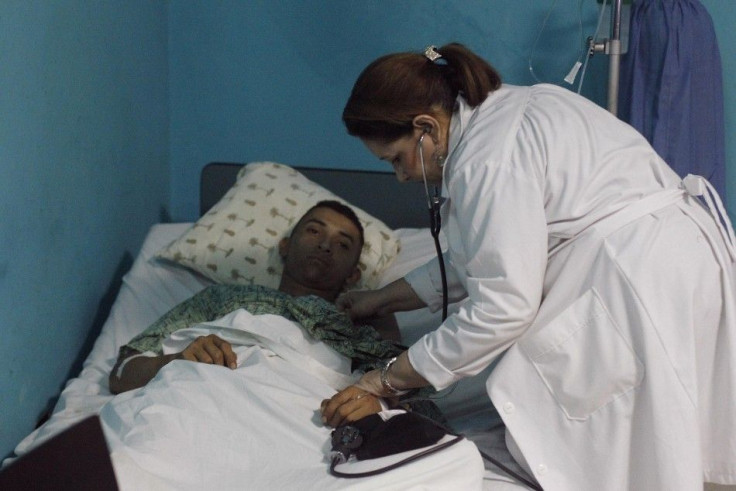Vasectomy Increases the Risk of Prostate Cancer - Study
Harvard Research Reveals Vasectomy Can Cause The Most Dangerous And Aggressive Form Of Prostate Cancer

A new study conducted by Harvard shows that men who undergo vasectomy are at a higher risk of developing prostate cancer. This is an extremely worrisome factor because the disease is the highest among men affecting nearly 40,000 a year, of which 10,000 lose their lives to it.
This research was conducted on 50,000 men aged between 40 and 75, making it the largest ever to study the relation and effects of sterilisation and cancer. The men were tracked for 24 years from 1986 to 2010. The study, which was was published in the Journal of Clinical Oncology, revealed that men who undergo vasectomy are at an increased risk of contracting the most dangerous and aggressive form of prostate cancer. Those men who had the procedure had a 10 percent greater chance of developing the disease, although this type of the disease is rare.
Researchers informed that men who underwent the surgery at a younger age, mostly before 38, were highly prone to the disease. The study was described as "extremely important" by many charities, and the spokespersons stressed the fact that men need to be enlightened of the different aspects of vasectomy with its harmful effects.
Out of the 50,000 men studied, it was found that 25 per cent of the men had vasectomies and there were nearly 6,023 people diagonised with prostate cancer. Totally, the percentage of men who developed the most aggressive form of the disease was less than 2.
There were previous studies that suggested there was a connection between sterilisation and cancer. But this new study eliminated the "bias factor" against men who undergo vasectomy. "The extra risk of developing prostate cancer after having a vasectomy appears to be small but of the few that do go on to develop the disease, a higher number will develop an aggressive form," said Prof Malcolm Mason, Cancer Research UK's prostate cancer expert.
He said that vasectomy was an important option for contraception, but this information should form part of the discussion before a man makes an informed decision as to whether or not it is right for him.
Statistics state that about one in six men in Britain undergo a vasectomy. According to the experts, the reason behind the procedure's effect on the development of cancer is not clear, but it could relate to changes in the proteins in semen.
The research author and associate professor of epidemiology at Harvard School of Public Health, Lorelei Mucci, said, "We saw that in men who had a vasectomy earlier in life there was a greater risk of developing advanced or lethal forms of the disease. This may be because of the timings and the impact on the prostate."
Researchers said that though the risk of developing an aggressive form of the disease was significant, the numbers were relative low. "We need to be cautious about how the results are interpreted. Although there appears to be an increase in aggressive prostate cancer in men who have had a vasectomy, it translates as a relatively small increase in the number who develop aggressive prostate cancer," said Dr Iain Frame of Prostate Cancer UK.






